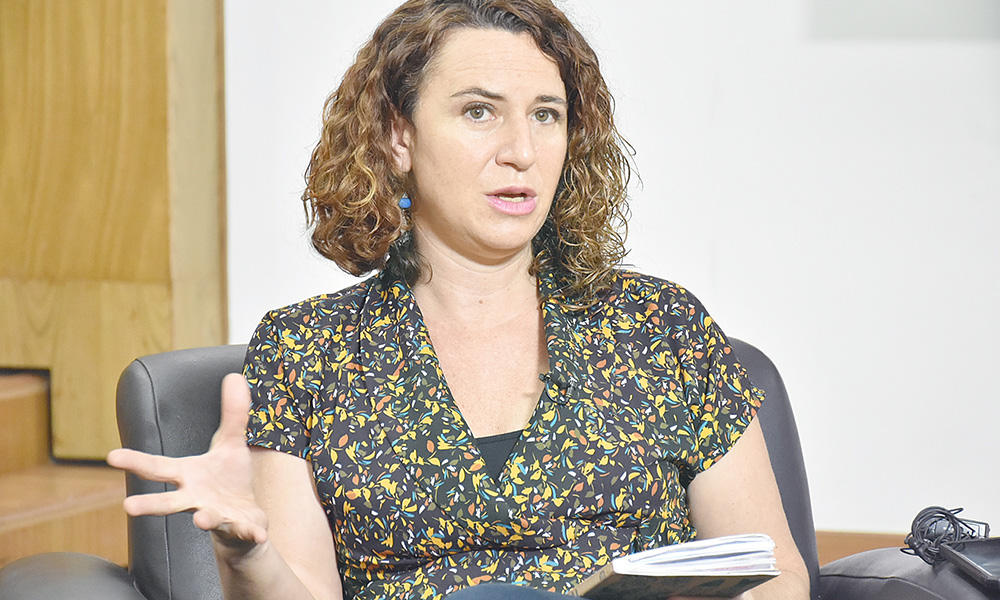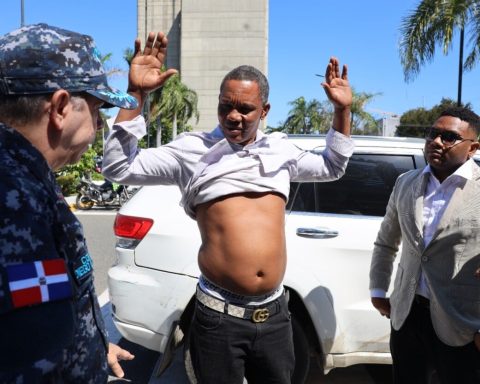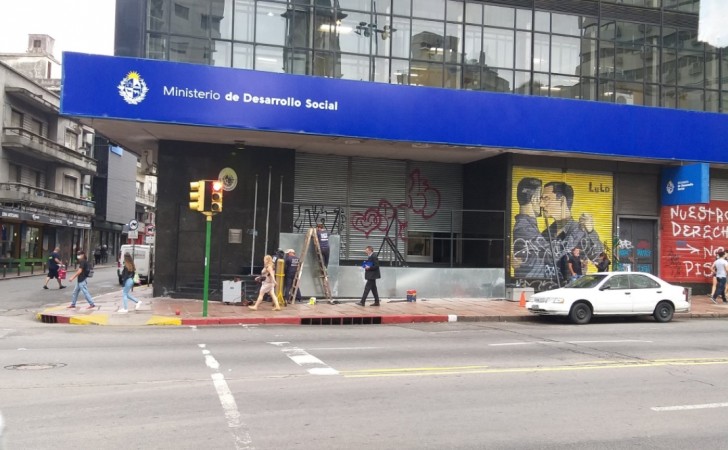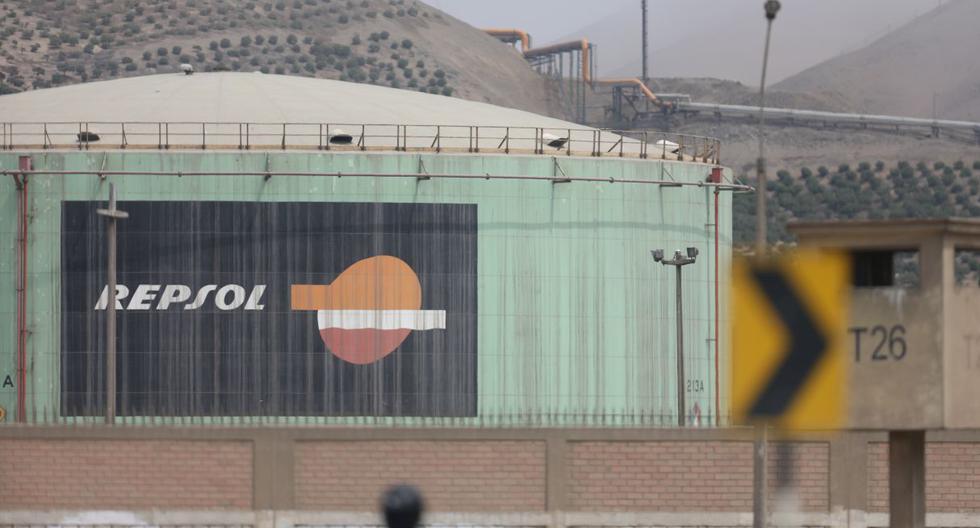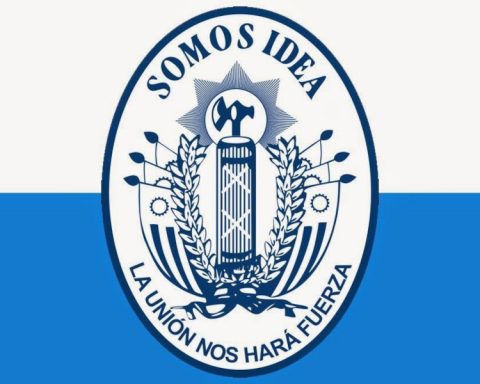State economic aid aimed at mitigating the impact of the pandemic prevented around 600,000 people from entering the group of “monetary poor” during the year 2020.
The statement was made by the director of Analysis of Poverty, Inequality and Democratic Culture of the Ministry of Economy, Planning and Development, Rosa Cañete.
The programs were extremely important to mitigate the monetary impact of the pandemic,” said the economist.
He underscored the fundamentals of aid by stating that in 2020, 277,000 jobs were lost, which reduced labor income in households, limiting the ability to pay for food, rent and services.
“The implementation of these programs reduced the impact. Despite that, poverty increased in the Dominican Republic and throughout Latin America and the Caribbean during the year 2020, ”he indicated.
In this sense, he expressed that currently the Economic Commission for Latin America (ECLAC), in its Report on Social Panorama, recommends that monetary aid be maintained for a longer time “The good fact is that in 2021 all the jobs lost in the 2020.
Now, this recovery of jobs is more informal than one would like and does not reach everyone equally with lower incomes. Therefore, the Dominican Republic still transfers to 1,350,000 households that receive a transfer that is also double what they received before the pandemic: 1,650 pesos per month per household,” said Cañete.
The economist pointed out that the government’s economic team is working on the official calculation of monetary poverty in 2021 and updating the methodology to the current cost and reality. With these data, she will evaluate the situation of the most vulnerable groups in 2021 to develop policies that help them join the economic recovery.
